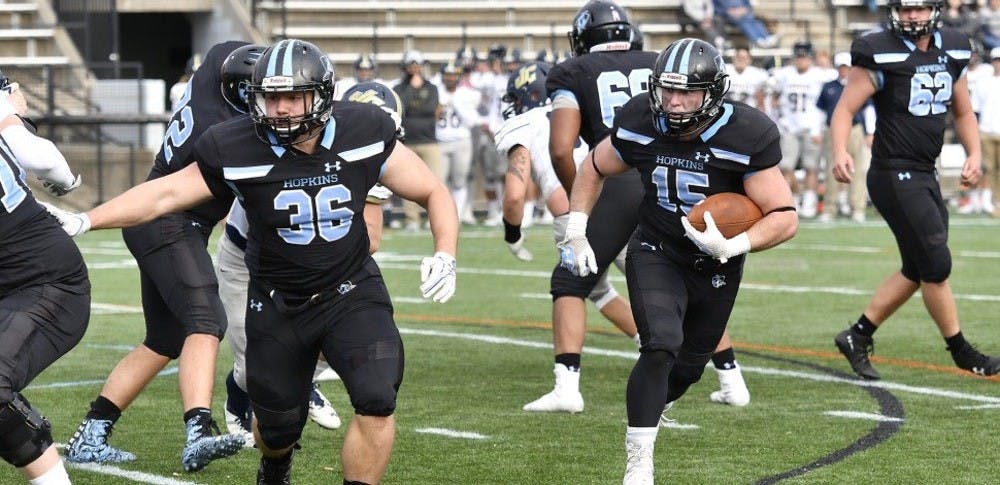The Opposing Viewpoints series is a space for students with diverse perspectives to answer pertinent questions in conversation with each other.
As college football and basketball make more money for the National Collegiate Athletic Association (NCAA) and universities, more people think the athletes playing in these sports should be compensated. While this seems like a nice, logical and fair idea, the execution could send everyone involved down a rabbit hole that they may never be able to fully climb out of.
If the NCAA decides to only pay football and basketball players, it is essentially establishing a hierarchy of all NCAA sports. Just because the members of the swim team are not bringing in as much revenue as the football players does not mean they are putting in any less work. If certain athletes are essentially getting punished for not playing the “right” sport, those “wrong” sports will suffer. They will lose popularity because top athletes who may be able to play multiple sports will choose the more lucrative ones.
Moreover, the top college athletes who would benefit most are also the ones who already have athletic scholarships. They are also the ones who will be making absurd amounts of money when they go professional.
In addition, paying student athletes will only amplify an existing problem in these two sports: parity. In college football, the University of Alabama Crimson Tide has won five National Championships since 2009 and has made the College Football Playoff all four years it has been in existence. They are ranked first place in the country again this season.
In college basketball, the perennial powerhouse is the Duke University Blue Devils. They have made the NCAA tournament 34 straight years, have made the Final Four 12 of those times and have won five National Championships in that span. This year, it looks like it will be more of the same for the Blue Devils, as they got the first, second and third place recruits in the country according to ESPN.
All this goes to show that these top NCAA sports do have a parity issue already. The top teams get the best players because the best players want to win. If the NCAA allows schools to pay players, that will only magnify the issue. Those top schools are the ones that make the most money because of their success, which would mean they have the most money to pay players. More of the top players will go to top schools in order to be paid more. If this happens, these top teams will become unbeatable, which takes away a lot of what makes these sports so popular. College sports are supposed to be unpredictable and upsets are what make them exciting. If the same schools get all the top recruits, upsets will go extinct.
Paying the players would also encourage them to neglect their studies. There have been multiple instances where athletes are not held to the same academic standards of other students at the school. Most notably at the University of North Carolina, athletes were encouraged to take “paper classes” where attendance was optional and the only requirement to pass was a paper at the end of the semester.
This is the case for the top athletes across the country. As athletes make more money for their athletic abilities, they will focus more on athletics at the expense of their education. At that point, the NCAA might as well be a semi-pro “minor league” for the NBA and NFL.
The NCAA is in a very tough and historic situation. Football and basketball are bringing in billions of dollars in revenue, yet the athletes who bring in that revenue get nothing. But if athletes in these two sports get paid, the NCAA will be incentivizing athletes to prioritize those two sports over all the other sports in the NCAA. It would be establishing dynasties in these sports as the top teams grow even more powerful, and it would be encouraging athletes to neglect their responsibilities as students. Paying college athletes may therefore not be the solution.
Gregory Melick is a senior Economics and Applied Math major from Santa Monica, Calif. He is a Sports Editor.

















